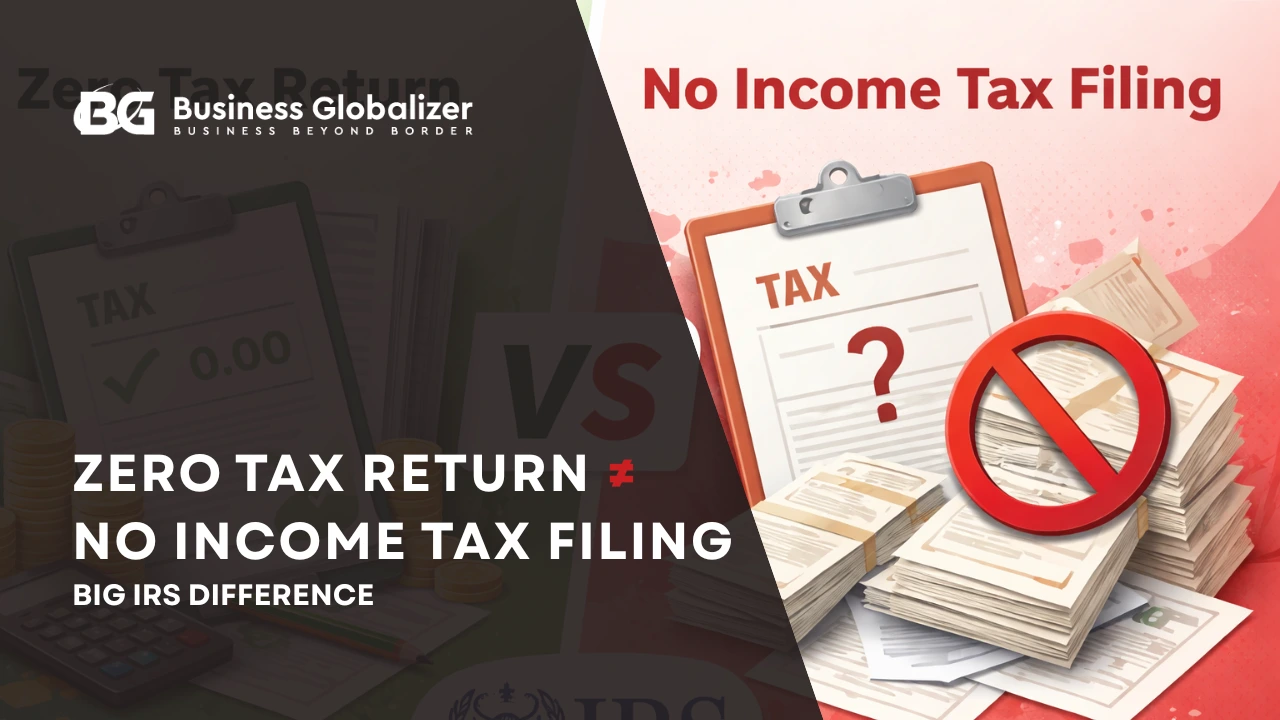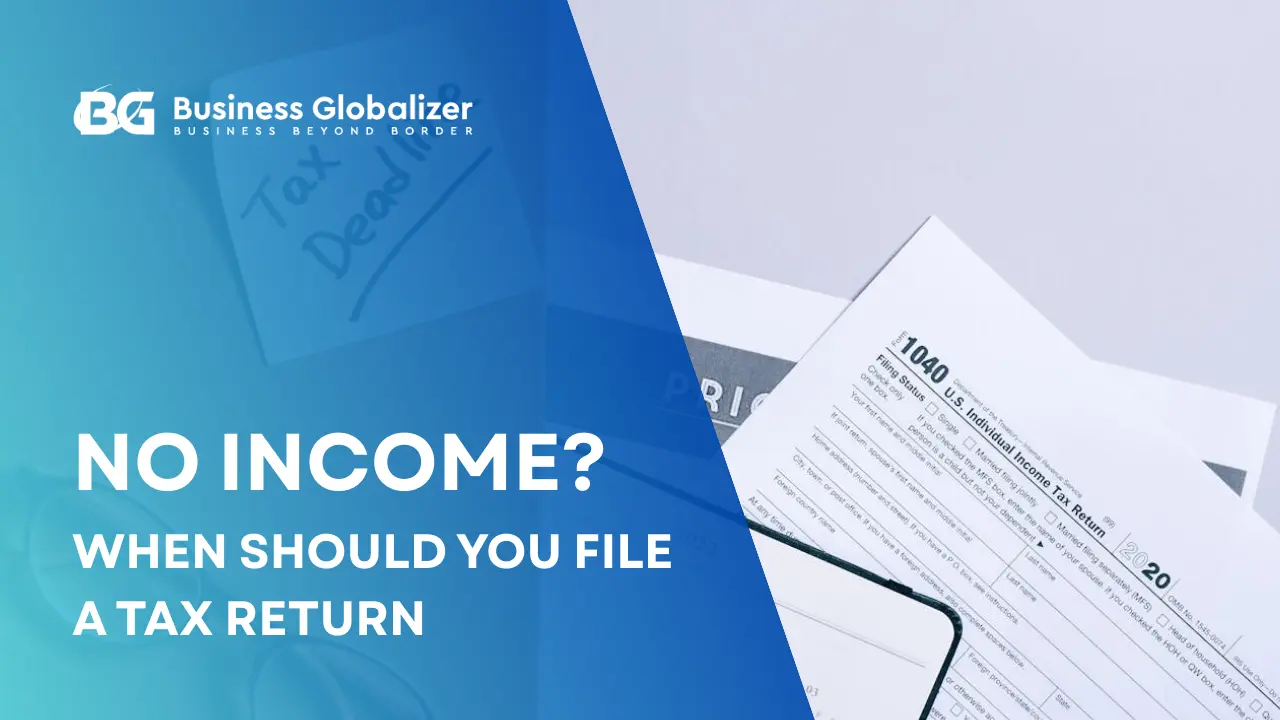Investing in the U.S. feels thrilling, until you hit the first wall: taxes. You buy a property, back a startup, or trade in U.S. markets, and suddenly someone asks for an ITIN.
That’s when the confusion starts. Most foreign investors only hear about this number when it’s time to file taxes or collect their returns.
But here’s the thing: getting an ITIN for foreign investors isn’t just some paperwork formality. It’s your legal connection into the U.S. financial system; the number that ties your investments together, secures your earnings, and keeps you fully compliant with the authorities. Let’s talk about why it matters, when it’s required, and how this not so little number actually fuels your journey as a global investor.

What Is ITIN and Why It Matters for Foreign Investors
The Individual Taxpayer Identification Number, or ITIN, is a tax ID the IRS gives to people who are not qualified for a Social Security Number but still need to file taxes or handle financial matters in the U.S.
For investors, it’s your key to:
- Filing federal tax returns when earning income from United States sources like stocks, real estate, LLC profits, etc.
- Receiving tax refunds or claiming treaty benefits if your country has a U.S. tax agreement.
- Opening brokerage or investment accounts that require a valid taxpayer ID.
- Showing that you pay your taxes is very important for EB-5 or real estate investors who want to get immigration or funding.
In short, if you’re earning, holding, or selling assets in the U.S., your ITIN is what keeps your investments legally recognized and your taxes properly filed.
When a Foreign Investor Needs an ITIN
Not every investor needs an ITIN right away, but here are the situations where it becomes unavoidable:
- You own rental property in the U.S. and must report income or deductions.
- You invest through an LLC or partnership and need to file personal taxes on U.S.-sourced income.
- You’re part of an EB-5 investment program and must show tax compliance during your residency process.
- You trade or earn dividends in the U.S. stock market through platforms requiring a tax ID for reporting.
Whether you’re an active investor or just exploring opportunities, the ITIN is what connects your name to your U.S. investment activity in the IRS system.
How to Apply for an ITIN as a Foreign Investor
Here’s how the process works in simple terms:
- Fill out Form W-7.
Use the correct reason code, typically “a” or “h” for tax return filing or claiming treaty benefits.
- Attach required documents.
- Certified copy of your passport (or national ID if applicable).
- A federal tax return or proof of withholding/investment income.
- Supporting documents for property or investment activity (such as 1042-S, 8288-A, or partnership statements).
- Submit through a Certified Acceptance Agent (CAA).
Using a CAA, like Business Globalizer, lets you verify your identity locally without sending your passport to the IRS.
- Wait for processing.
The IRS typically issues ITINs within 7–11 weeks, depending on season and application volume.
Once approved, you’ll receive your ITIN letter (CP565 Notice), your official proof of U.S. taxpayer registration.
Common Mistakes Foreign Investors Should Avoid
- Submitting the wrong reason code on Form W-7.
- Sending uncertified copies of your passport.
- Filing without attaching a valid U.S. tax return or withholding proof.
- Delaying ITIN application until after investment income is due; this can cause IRS delays or penalties.
It’s always smarter to apply before your first tax filing season to avoid timing issues later.

Why Using a Certified Acceptance Agent (CAA) Makes Sense
Foreign investors often face the biggest challenge in document submission, passport verification. The IRS doesn’t process uncertified copies, and mailing your original passport overseas can be risky.
That’s where CAAs come in. They’re authorized by the IRS to verify your documents locally, help prepare your application correctly, and send it directly to the IRS for processing.
At Business Globalizer, our team, including Bangladesh’s first IRS-Certified Acceptance Agent, assists investors worldwide in securing their ITIN without delays or rejections.
Whether you’re investing in real estate, joining an EB-5 program, or running a U.S.-based business, we help ensure your ITIN is filed correctly and fast.
Closing Thoughts
The ITIN for foreign investors isn’t just paperwork; it’s what keeps your U.S. investments legitimate and tax-ready. Without it, you can’t file returns, claim refunds, or meet IRS requirements.
If you want to skip the hassle, Business Globalizer, an IRS-authorized Certified Acceptance Agent, can help you get your ITIN quickly and correctly.

FAQs about ITIN for Foreign Investors
Do foreign investors need an ITIN to invest in the U.S.?
Answer: Yes. If you earn from or hold assets in the U.S., you’ll need an ITIN to file taxes or claim any tax treaty benefits. It’s how the IRS tracks your U.S.-sourced income legally and keeps your filings clean.
Can I invest in U.S. real estate without an ITIN?
Answer: You can buy property, sure, but when it comes to reporting rental income, paying taxes, or claiming a FIRPTA refund after selling, you’ll need an ITIN. Think of it as your key to handle the legal and tax side of your investment smoothly.
How long does it take to get an ITIN for investment purposes?
Answer: Usually between 7–11 weeks. It can take longer if the application is incomplete or filed during tax season.
Can a CAA help me apply for an ITIN if I’m abroad?
Answer: Yes. Certified Acceptance Agents are authorized by the IRS to verify your documents and file your ITIN without needing your original passport.
Does an ITIN expire?
Answer: Yes. If you don’t use it for three consecutive years, it expires; but you can renew it anytime before filing.
Is an ITIN the same as a Social Security Number (SSN)?
Answer: No. An ITIN is for tax filing and reporting only. It doesn’t grant work authorization or U.S. residency rights.






